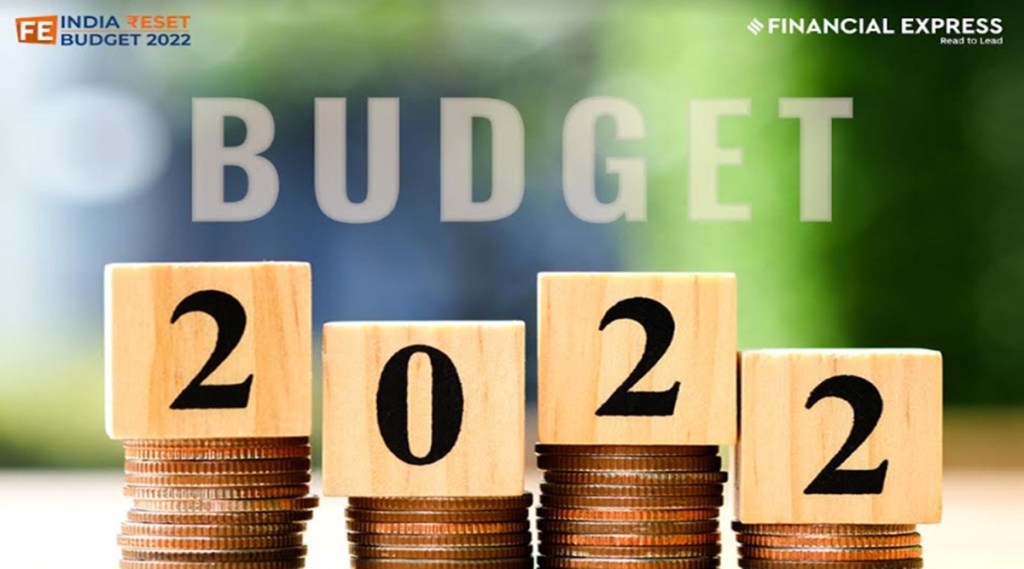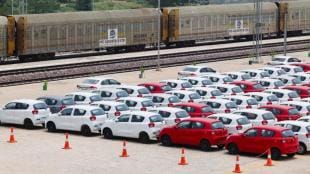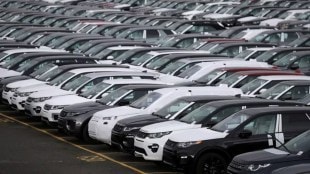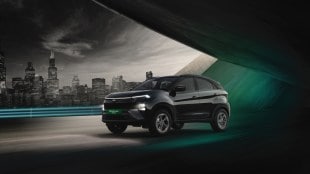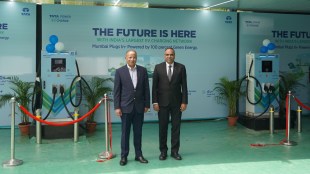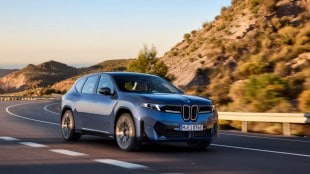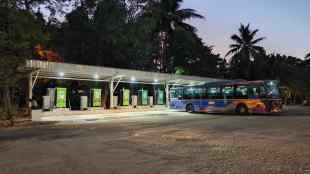The Union Budget for 2022 has been a welcome move to usher in the electric vehicle (EV) age. This is of great significance to the economy, which is definitely fuelled by the automotive sector. A sunrise category would mean faster collective growth in terms of manufacturing, jobs and overall economic development.
The government announced multiple initiatives to promote the adoption of EVs, including tax rebates and subsidies for buyers. The Budget includes investments in charging infrastructure, which is a key part of a successful EV strategy, and these measures are expected to reduce costs and make it easier for consumers to switch from fossil fuel-powered vehicles to EVs. Fundamentally, these milestones are significant markers for the government’s plan to invest Rs 1 trillion ($14.5 billion) in the EV sector by 2030.
The government has shown interest not only in helping the development of EVs but also battery manufacturing units, with an intention to encourage domestic manufacturers to produce lithium-ion cells within the country. Given that batteries are imported from countries like China at high costs, this raises EV prices and is a hindrance for mass acceptance of EVs. Steps taken in the Budget will address this issue. The National Mission on Transformative Mobility and Battery Storage—set up under the NITI Aayog with an outlay of Rs 1,000 crore or $136 million over five years—can help reduce EV prices by up to Rs 90,000 or $1,225.
Other key investments proposed would significantly encourage faster adoption of EVs. The most important one pertains to charging infrastructure. This will include both public and private charging points. Furthermore, subsidies are being proposed for buyers of EVs and this will make EVs more affordable. More announcements in this regard can be expected in the coming months. Overall, with better infrastructure in place and subsidies on offer, it will become easier and more affordable to make the switch to EVs. In terms of penetration, EV sales accounted for barely 1.3% of total vehicle sales in India during 2020-21, and steps taken in the Budget can surely enhance that percentage over time.
An important step taken in the Budget pertains to battery swapping—setting up battery swapping stations can reduce range anxiety and save time (especially for commercial operators), because instead of waiting for hours to charge a vehicle’s battery, a drained battery can simply be exchanged for a fully charged battery.
Overall, the Union Budget for 2022 is geared towards promoting the growth and development of EVs in India. The government has laid out a clear path for the next few years, and it has shown that it is willing to provide enough push and pull factors for automakers introduce more EVs and charging stations. The Budget also shows the government’s commitment to holding its promises and taking steps towards a clean energy future for India. This Budget, one can say, has more or less ensured that EVs are firmly on track in India.
Amarjit Sidhu
The author is executive director, Detel, the EV company
